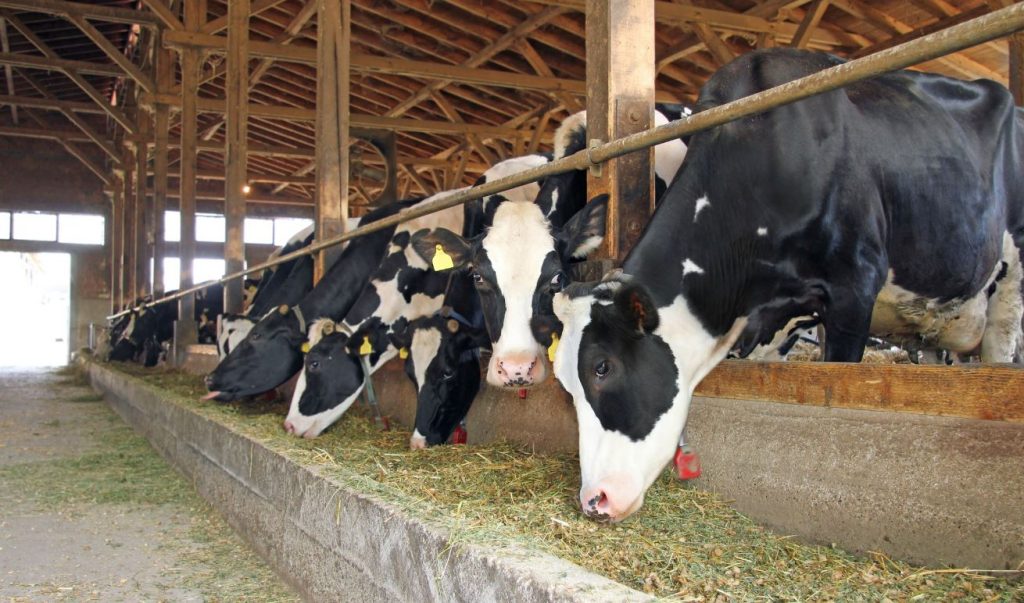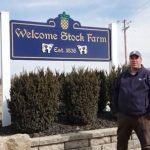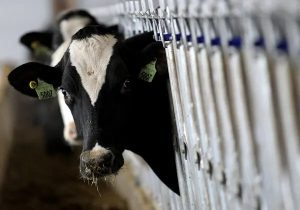
Mitch Schulte, executive director of the Iowa State Dairy Association, says permission to use those digesters will mean Iowa dairies can improve their sustainability and environmental footprint — in addition to their financial pictures.
“It’s going to give us the ability to have more animals in an area,” Schulte says. “We’re still going to care for those animals in the same way, but as long as we have that anaerobic digester in place, we’re going to be able to clean the manure, we’re going to clean the water, and we’re going to clean that air as it comes out of there. And, we’re going to produce a fuel source that can be used by our consumers out there.”
One byproduct of anaerobic digestion is biogas, which can be burned to generate electricity and heat. It can also be processed into transportation fuels and into renewable natural gas.
“The dairy industry has a collective goal of being carbon neutral or better by the year 2050 and it’s going to take everyone in our industry to work together to do that,” Schulte says. “A lot of what we need to do to be carbon neutral is just documenting the great work that our farmers are already doing today.” He says some of those efforts include the reusing of water at farming operations and the planting of cover crops to reduce erosion.
Schulte says the other piece of legislation to relax regulations on hauling milk will allow producers to truck larger loads on Iowa’s interstates starting in January of 2022. They’re now restricted to local roads and state highways.
“It’s going to allow our milk haulers to get up on the interstate system with overweight loads,” Schulte says. “The way this bill is structured, our milk haulers will be able to obtain an overweight permit for the interstate system. We think this is beneficial, not only for our sustainable footprint and moving the product more efficiently, but it’s also good for the community.”
Schulte says being able to move milk on the interstate system will create a much safer environment by getting those vehicles off of town roads and out of congested areas.























